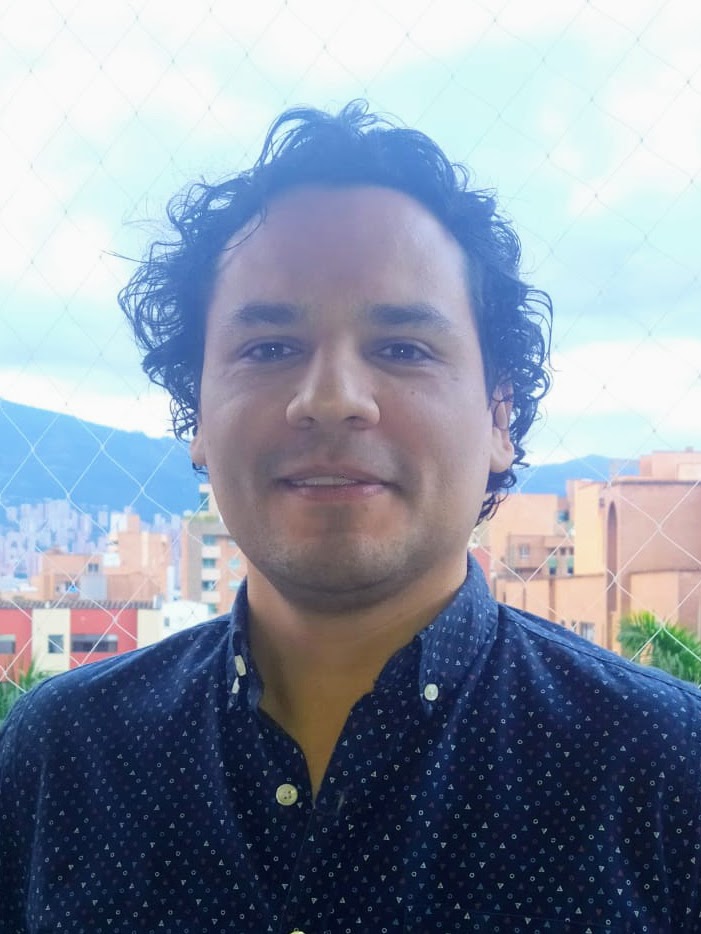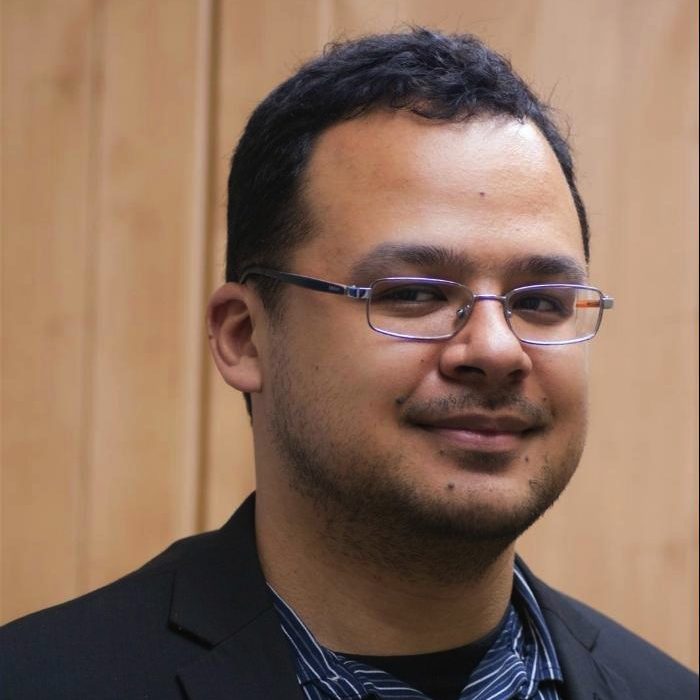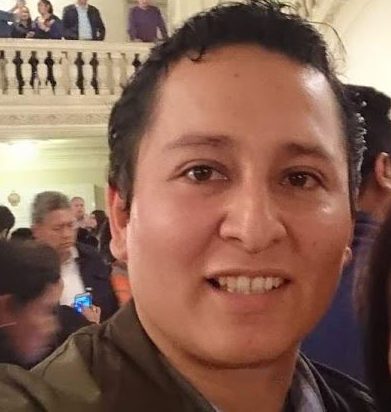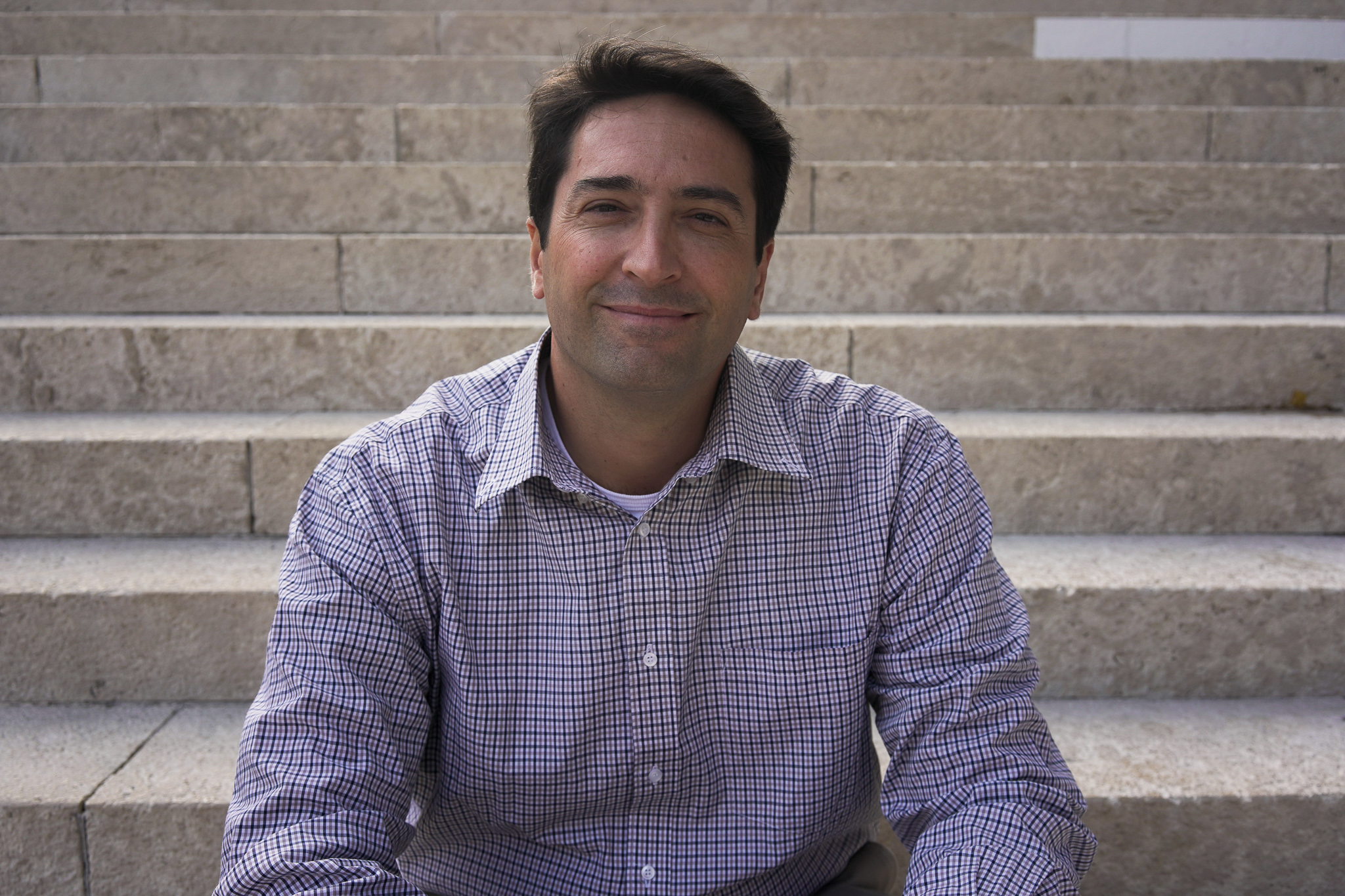Mapping Immune Cell Diversity Across Latin America
Project Summary
The immune system consists of a spectrum of varying immune cell types that dynamically interact with each other and transition through different states to develop a regulated immune response to pathogens or self-antigens. This team aims to address how regional genetic diversity adapts to environmental factors, shaping the immune cell landscape and resulting in differences in responses to infections as well as susceptibility to developing autoimmune and inflammatory diseases. This project will expand Latin American representation within the Human Cell Atlas.
Latin American populations comprise genetic and cultural admixture among European, Indigenous, African, and Asian groups, additionally shaped by the rich diversity of ecosystems and population migrations. This team seeks to define the diverse composition of peripheral blood mononuclear cells (PBMCs) in healthy individuals from seven distinct countries in Latin America, from urban Mexico City to the Brazilian Amazon rainforest. This project will use a range of single-cell technologies (scATAC-seq, scRNA-seq, CITE-seq and TCR characterization) to identify how diverse ancestries impact gene expression and the composition of immune cells. This research represents a remarkable opportunity to contribute to greater understanding of genetic and environmental influences on all human traits.
Investigators











